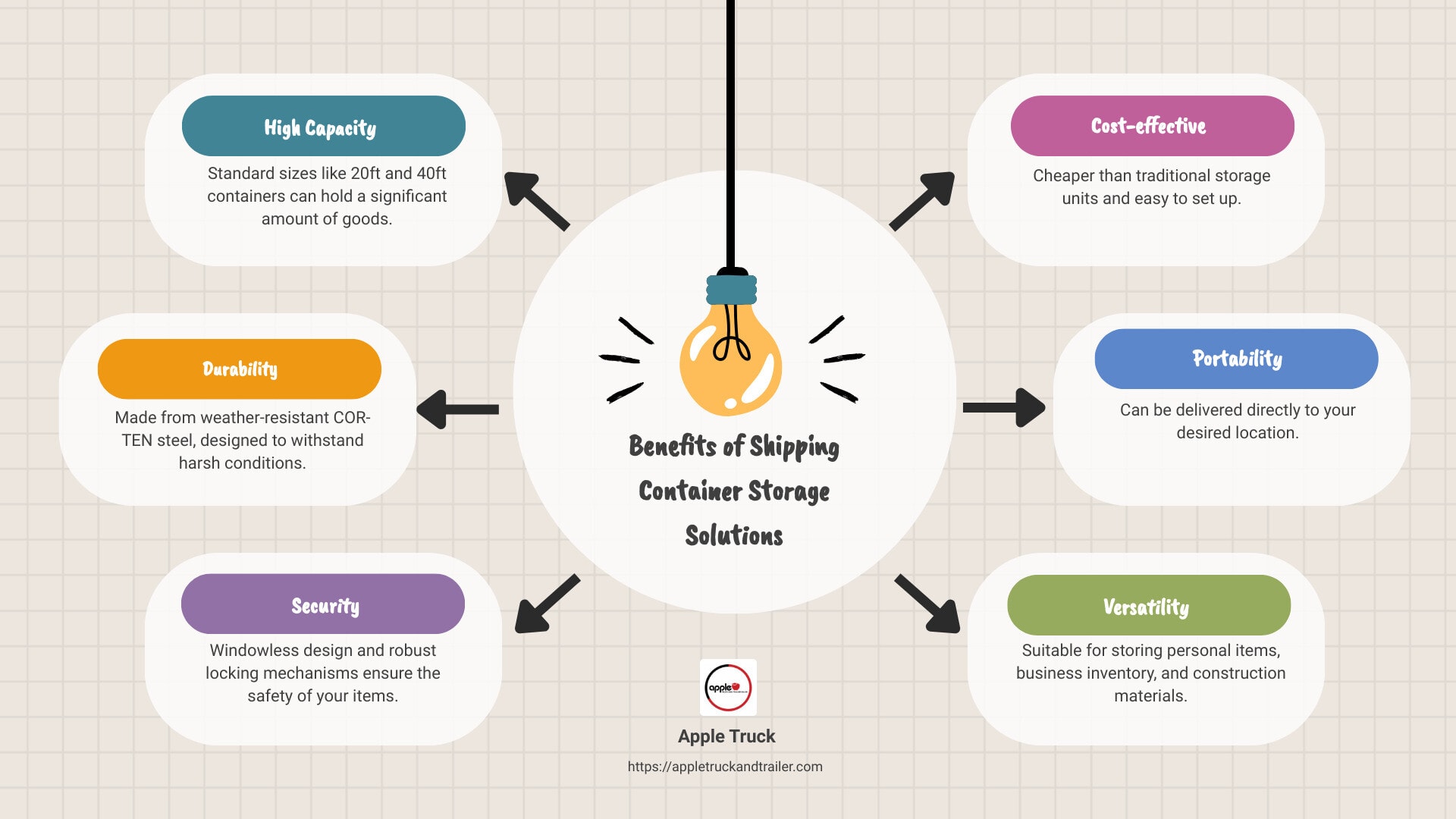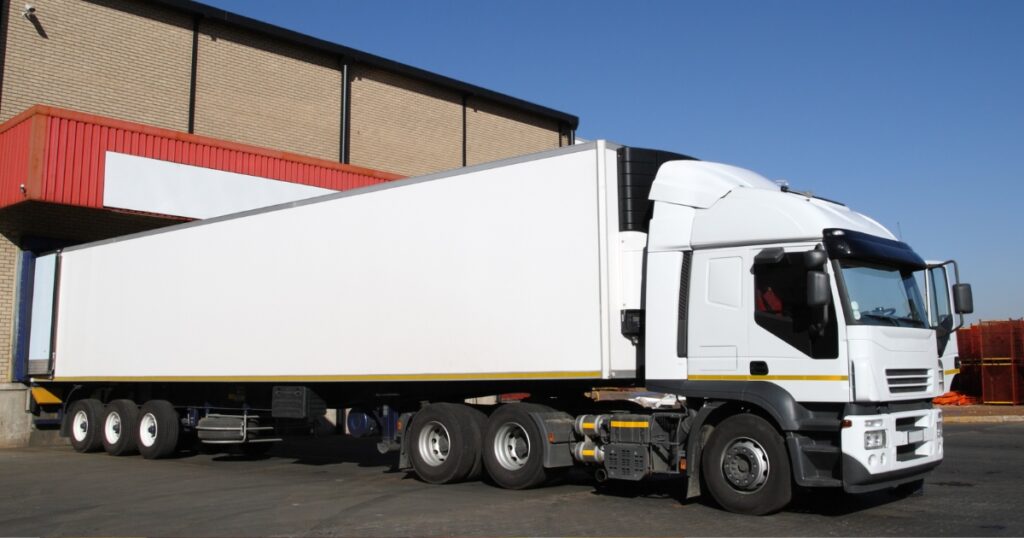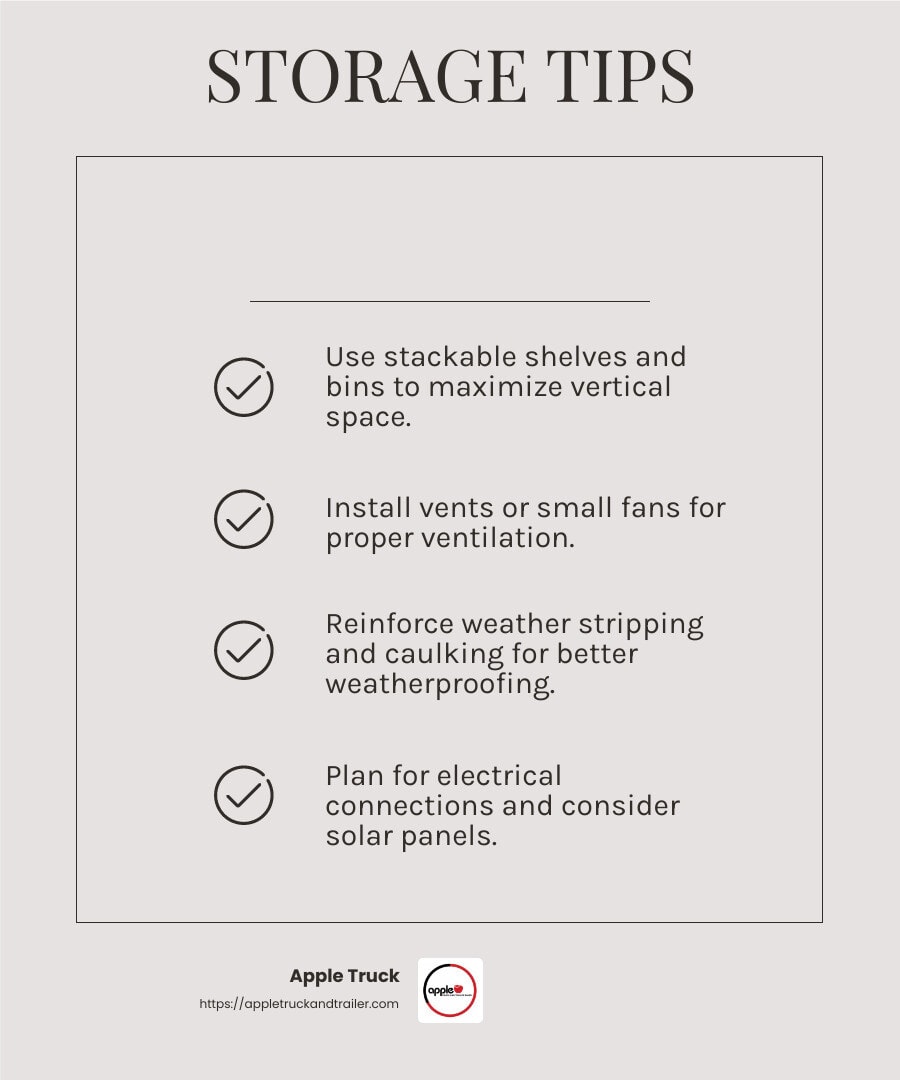The Functionality and Benefits of Shipping Container Storage Solutions
Shipping container storage solutions offer a versatile and secure way to store a wide range of items for both personal and business needs. Conex containers, known for their versatility and innovative uses, are repurposed across various sectors, including landscaping, dining, and construction.
They can be used for practical applications such as storing equipment, storing furniture, establishing restaurants, and creating modular storage units, all while emphasizing sustainability and minimal environmental impact. Here’s a quick overview of why they might be the ideal choice for your storage needs:
- High capacity: Standard sizes like 20ft and 40ft containers can hold a significant amount of goods.
- Durability: Made from weather-resistant COR-TEN steel, they’re designed to withstand harsh conditions.
- Security: Windowless design and robust locking mechanisms ensure the safety of your items.
- Cost-effective: Cheaper than traditional storage units and easy to set up.
- Portability: Can be delivered directly to your desired location.
Shipping container storage solutions are perfect for various needs, whether you’re a homeowner looking to store bicycles and patio furniture, a business owner needing space for retail inventory, or a contractor seeking secure onsite storage for construction materials.
As your guide, my name is Michael Sensano, and with years of expertise in the truck and trailer industry, I’m here to help you understand all the benefits and applications of these storage solutions. From my experience working in shipping container storage solutions, I have seen how versatile, secure, and cost-effective these containers can be for a myriad of storage needs.

Table of Contents
How to Organize a Shipping Container for Storage
Organizing a shipping container for storage can seem daunting, but with a bit of planning, you can maximize every inch of space. Here are some tips to help you get started:
Planning
Before you start, make a plan. Think about what you need to store and how often you’ll need to access it. This will help you decide on space optimization for your storage unit as an alternative to traditional storage methods.
Pathways
Create clear pathways inside the container. This makes it easier to access items without having to move everything around. A simple aisle down the middle can save you a lot of time and effort.
Shelving Systems
Install sturdy shelving systems along the walls. Shelves help you use vertical storage solutions efficiently, keeping items off the floor and organized.
Clear Plastic Tubs
Use clear plastic tubs for smaller items to save space. These make it easy to see what’s inside without having to open each one. Stackable tubs can save a lot of space and keep things neat.
Filing Cabinets
For documents and smaller tools, filing cabinets are a great option. They keep everything organized and easily accessible. Plus, they can be locked for added security.
Storage Labels
Label everything. Use labels on shelves, tubs, and cabinets. This will help you find what you need quickly and keep the container organized over time.
Frequently Accessed Items
Place items you use often near the front of the container. This way, you won’t have to dig through everything to get to them.
By following these tips, you can turn your shipping container into an organized and efficient storage space.
Best Practices for Setting Up a Shipping Container Storage

Setting up a shipping container for storage is more than just dropping it on the ground. Proper setup ensures longevity and protection for your stored items. Here are the best practices to follow:
Foundation Options
A solid foundation is crucial for your shipping container. It keeps the container level and prevents issues like door misalignment. Two common foundation options are concrete slabs and railway sleepers.
Concrete Slabs
Concrete slabs offer a durable and level base. They are excellent for areas with heavy rainfall or unstable ground. A properly poured concrete slab will keep your container stable and prevent water from pooling around it.
Railway Sleepers
Railway sleepers (wooden or concrete) are another good option. They are easier and quicker to install than concrete slabs. Place them under the container’s corners and along the edges for even weight distribution.
Weight Distribution
Proper weight distribution inside the container is essential to prevent “racking” or twisting. Avoid placing heavy items all on one side. Spread the weight evenly across the floor to maintain balance.
Preventing Racking
Racking occurs when a container twists due to uneven weight distribution or an unstable foundation. It can make doors difficult to open and close. To prevent racking:
- Ensure a Level Foundation: Use a level to check that your foundation is even before placing the container.
- Distribute Weight Evenly: Place heavy items towards the center and lighter items towards the edges.
- Use Support Blocks: Support blocks under the corners can help distribute weight more evenly.
Additional Tips
- Drainage: Ensure proper drainage around the container to avoid water damage. A gravel pad can help with drainage.
- Lift: Lift the container slightly off the ground using wooden blocks or iron plates to protect it from groundwater.
- Store Equipment: Various organizations, such as sports teams and theaters, utilize modified shipping containers specifically designed to store equipment, costumes, and audio/video devices. Ensure climate control within these containers to protect valuable items from moisture and pests.
By following these best practices, you can set up your shipping container storage solution for maximum efficiency and longevity. Next, we’ll explore whether shipping containers are a good option for long-term storage.
Maximizing Space in Shipping Containers

When it comes to shipping container storage solutions, making the most of the available space is crucial. Here are some practical tips to help you maximize space in your container: Consider using shipping containers for urban garden supply, as they can be organized to store gardening tools and supplies efficiently.
Stackable Shelves and Bins
Stackable shelves and bins are essential for organizing items and maximizing vertical space. Use heavy-duty metal or plastic shelving units to store items off the ground and stack bins on top of each other. Clear plastic tubs are great for visibility, allowing you to see what’s inside without opening them.
Ventilation
Proper ventilation is key to preventing moisture buildup and protecting your stored items. Shipping containers can get very hot, especially in the summer. Installing vents or small fans can help circulate air and provide humidity control, keeping your belongings in better condition.
Weatherproofing
To ensure your container remains dry, invest in weatherproofing measures. Reinforce the container’s weather stripping and caulking to seal any gaps. If your container will be exposed to heavy rainfall or snowfall, consider adding an awning or roof cover to divert water away from the container.
Electrical Connections
Having electrical connections in your container can be extremely useful, especially if you need lighting or climate control. Plan your electrical setup before placing the container to avoid the hassle of moving it later. You can install solar panels on top for an eco-friendly power source, as one user from North Carolina did, ensuring their container stayed well-lit and dry.
Insulation
Insulation is crucial for temperature control. Without it, the interior of a metal container can become extremely hot in summer and very cold in winter. Consider using foam or spray insulation to regulate the temperature inside. For added protection, some people use refrigerated goods containers, which are better insulated and can make a 10-degree difference.
Additional Tips
- Foundation: A proper foundation, like a gravel pad, helps with drainage and prevents the container from sinking or shifting.
- Shady Spot: Placing the container in a shady spot can reduce heat buildup.
- Grounding: Grounding your container is important to protect against lightning strikes, as one user learned the hard way when a lightning strike took out their entire property’s electricity.
By implementing these strategies, you can optimize your shipping container storage solutions and ensure your items are stored safely and efficiently.

Conclusion
Shipping container storage solutions offer a versatile, secure, and cost-effective way to store a wide range of items. Whether you’re a homeowner needing extra space for seasonal items or a business owner seeking a secure place for inventory, shipping containers can meet your needs.
If you need a reliable and secure storage solution, consider our shipping containers. The Innovation and Design Building in Boston’s Seaport District is a prime example of a vibrant hub utilizing shipping containers. This building hosts innovative food vendors, tech startups, and creative enterprises, showcasing the intersection of art, innovation, and design. Among these unique offerings is a niche urban garden supply, contributing to the dynamic marketplace with its boutique plant shop and sustainable environment.
Contact us today at Apple Truck and Trailer, based in Auburn, Massachusetts. We specialize in providing high-quality shipping containers and storage solutions. Since 1986, we’ve been committed to exceptional customer service and a wide selection of top-notch trucks and trailers.
For more information on our storage trailer rental services, visit our Storage Trailer Rental page.
Frequently Asked Questions about Shipping Container Storage Solutions
How to Organize a Shipping Container for Storage?
- Planning is key to making the most of your shipping container storage. Start by creating a layout that maximizes space and accessibility.
- Shelving systems are a must-have. Install heavy-duty metal or plastic shelves along the walls to store items off the ground and free up floor space. This helps you stack items vertically and keeps things organized.
- Use clear plastic tubs for smaller items. These tubs let you see what’s inside without having to open them, making it easier to find what you need. Label each tub clearly to save time and avoid confusion.
- Keep pathways clear. Make sure you have enough space to walk through the container and access items at the back. This will save you the hassle of moving things around every time you need something.
What is Best to Put Under a Storage Container?
Choosing the right foundation is crucial for the longevity and stability of your shipping container.
- Concrete slabs are one of the best options. They provide a solid, level surface that prevents the container from sinking or shifting. Concrete also helps distribute the container’s weight evenly, reducing the risk of structural issues.
- Railway sleepers (large, heavy wooden beams) are another good option. They are easier to install than concrete slabs and still offer a stable, level base. Place them evenly under the container to support its weight and keep it off the ground.
Both options help prevent racking, which is when the container twists or warps due to uneven weight distribution. This can make the doors difficult to open and close.
Are Shipping Containers Good for Long-Term Storage?
Shipping containers are excellent for long-term storage due to their durability and security.
- Security is a major advantage. These containers are made of COR-TEN steel, which is tough and resistant to break-ins. Their windowless design adds an extra layer of security, keeping your items safe from theft.
- Durability is another strong point. Shipping containers are built to withstand harsh weather conditions, including wind and rain. They are also fire-resistant, offering added protection for your belongings.
For even better protection, consider repurposed containers that have been modified for storage use. These often come with added features like ventilation, insulation, and advanced locking mechanisms.
By following these best practices and understanding the benefits, you can make the most of your shipping container storage solutions.
OUR CONTENT
All the information you find on our website is thoroughly researched and verified by our team of truck and trailer specialists, who bring over 40 years of experience to Auburn, Massachusetts, and the surrounding areas, and Boston. At Apple Truck and Trailer, we’re all about great service and quality trailers. Ours aren’t just trailers; they’re custom solutions for your transport needs. We understand how important reliability is for your business, and we’re here to help every step. Check out our Landoll trailers, long haul transport, semi trailer trucks, semi trucks and secure storage containers for an upgrade with expert support. We’re dedicated to providing content that’s not only accurate but also meaningful and useful for our readers.

